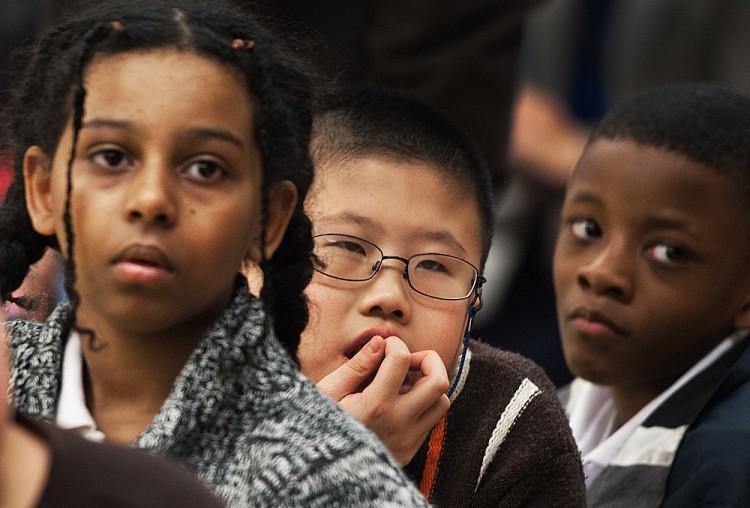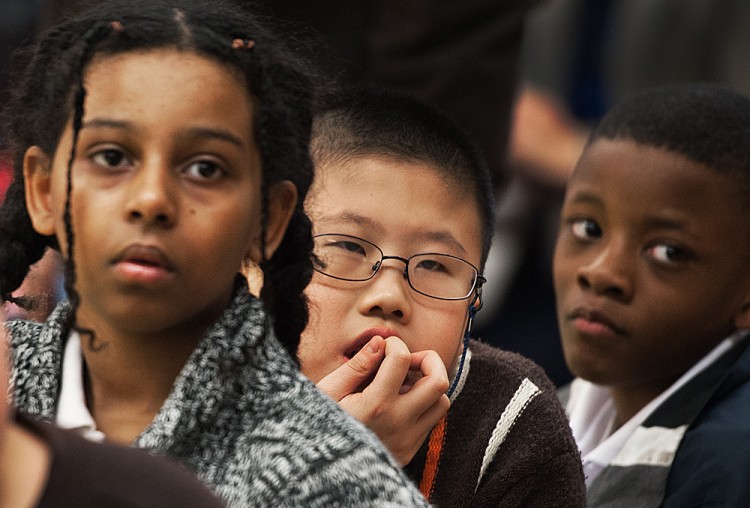Beth Mattingly, an expert on poverty, said the safety net works, in the sense that few people in America are dying of starvation, or dying of hypothermia on the streets.
Mattingly is director of research at the Carsey Institute at the University of New Hampshire. If you consider another definition, “whether people are able to escape poverty and giving them the tools they need to succeed in escaping from poverty, it’s absolutely not working by that definition,” said Mattingly.
It is worthwhile for the country to devote resources to mitigating poverty, according to Mattingly, but it would be even better if public policies created a ladder out of poverty to meaningful work and economic security. “I really appreciate Newt Gingrich’s statement that we need more than a safety net, we need a trampoline.”
When criticizing existing programs and policies, “even though this safety net doesn’t lift the poor out of poverty, by and large the poor would be much worse off without the safety net, so it’s not to say that it’s useless and it’s not to say that it should be abandoned, it’s just to say that it’s not sufficient.”
The most important point about poverty is its effect on children, according to Mattingly. According to a statement from the Carsey Institute, “between 2009 and 2010, one million more children in America joined the ranks of those living in poverty, bringing the total to an estimated 15.7 million poor children in 2010, an increase of 2.6 million since the recession began in 2007.”







